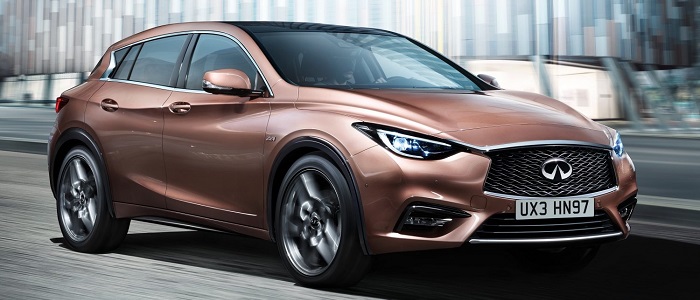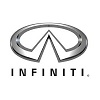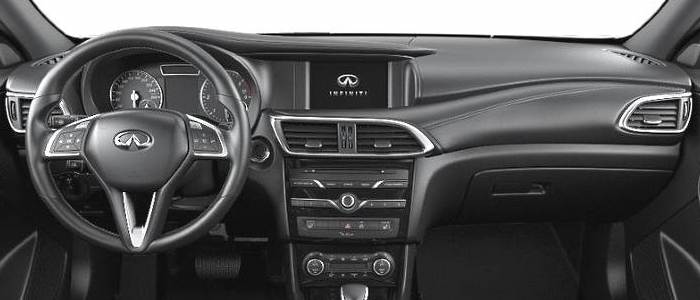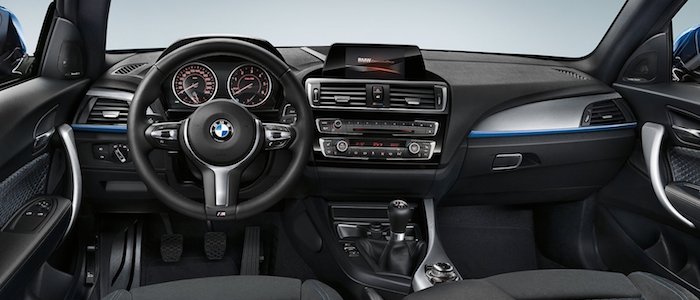Compare two cars
Compare any two cars and get our Virtual Adviser™ opinion
Marketing
Dimensons & Outlines
Engine
2.1 OM651 DE22 LA
Performance (manual gearbox)
Performance (automatic gearbox)
Expenses
Virtual Adviser's™ opinion
Two significantly similar cars, no doubt about that. Still, each one has something different to offer. Having both cars powered by diesel engines and utilizing the 5-door hatchback body style within the same 'Small family car' segment, the only major difference here really is their wheel drive configuration (front for the Infiniti and rear in the case of the BMW). The first one has a Mercedes Benz-engineered powertrain under the hood, a 4-cylinder, 16-valves 170hp unit, while the other one gets its power and torque from a 4-cylinder, 16-valves 150hp engine designed by BMW.
SafetyA starting point here would be to take a look at the results from European New Car Assessment Programme (Euro NCAP) tests which were performed on both of the cars, with the same number of safety stars gained in the process. Moving further on, let's take a closer look at some additional safety-related facts. Both vehicles belong to the small family car segment, which is generally classifying them somewhere in the middle safety-wise, but it doesn't do much to help us decide between the two. Furthermore, taking kerb weight as an important factor into account, the Japanese car offers a marginal difference of 9% more metal.
ReliabilityReliability is not the best thing to consider on the make level, but it is worth mentioning that Infiniti does have a slight advantage, at least on all of the models level. These are the official statistics, while our visitors describe reliability of Infiniti with an average rating of 4.5, and models under the BMW badge with 4.2 out of 5. Unfortunatelly, I don't have enough insight that would allow me to comment in more details on the specific models level. We should definitely mention that owners of cars with the same powertrain as the Japanese car rank it on average as 4.5, while the one under the competitor's bonnet gets 5.0 out of 5.
Performance & Fuel economyBoth of the cars accelerate exactly the same, so we couldn't put one above the other. Car No. 1 reaches top speed of 212 kilometers per hour, 8km/h more than the other car. When it comes to fuel economy things look pretty much the same for both cars, averaging around 4.2 liters of fuel per 100 kilometers (68 mpg), in combined cycle.
Verdict
Infiniti appears just a bit more reliable, although the difference is truly marginal. The most important thing when deciding between any two vehicles should always be safety, both passive and active. In my opinion, everything taken into account, the Japanese car offers slightly better overall protection and takes the lead. When it comes to performance, both vehicles provide similar experience, so I wouldn't point any of them out. the German car still consumps less fuel, which needs to be taken into consideration. It's really tough to make a final decision here, but if I'd need to, I'd say BMW. Nevertheless, let's not forget that people have different preferences and needs, so what really counts is your personal feel. I'm only here to help. I suggest you spend two more minutes in order to find out which car, based on your needs and budget, would be picked by the virtual adviser™, among thousands of similar, yet so different vehicles.
































